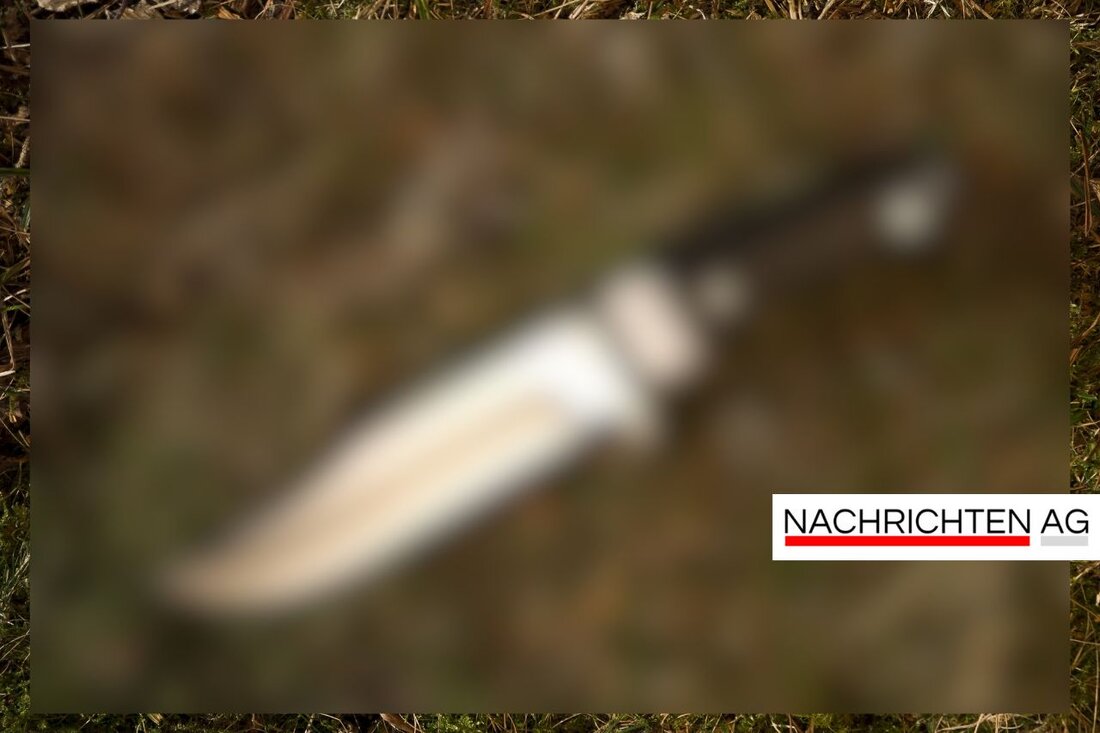Rügen for BILD: inappropriate reporting on knife attack in Aschaffenburg

Rügen for BILD: inappropriate reporting on knife attack in Aschaffenburg
Aschaffenburg, Deutschland - Reporting on a brutal knife attack in Aschaffenburg has now caused a lot of vertebrae. As L-I> reported, the well-known media picture and bild.de were recently complained by the press council. The reason: they published an unpixeled photo of a two -year victim who is directly related to the incident. This happened next to a picture of the alleged perpetrator, which massively injured not only the dignity of the little victim, but also the interests of his relatives.
It is particularly explosive that the perpetrator was called the "murderer", although it was found that he was not guilty due to mental illnesses. This type of reporting raises questions about the ethical responsibility of media, especially with regard to the protection of weaker people, as the press code clarifies. According to press council the private life must be respected in the reporting, and sensational interest must not be placed on the interests of those affected.
other complaints and shortcomings
The complaint against BILD and BILD.de is not the only one that was last granted. BILD am Sonntag, Welt.de and numerous other media also had to answer for questionable reporting. Bild am Sonntag showed unpixelated photos of previous victims of attacks, including children, without the relatives' consent. In addition, Welt.de received criticism about the wrong claim that certain NGOs are unconstitutional, which caused their reputation.
In total there were 28 public Rügen, 26 misconceptions and 33 notes in the current Rügen series. L-I> also emphasizes that smaller formats, such as the courier-the free weekly for the Altenburger Land and BZ-Berlin are. These suffered setbacks due to misleading representations and degrading reporting on people in a helpless location.
the protection of victims and their relatives
The press code also emphasizes how important the protection of victims, especially children and adolescents, is. The identity of such affected people should be knitted anonymously to keep their dignity. Public interest in information about criminal offenses may not justify sensational reports. In the event of serious crimes, especially if the suspect's incapacity to guilt, there should be expressly not to identify.
In summary, it can be said that the reporting in the context of the knife attack in Aschaffenburg not only raises legal but also ethical questions. It is important to ensure a responsible handling of information and images in order to meet both the victims and their relatives. Where are the limits and how can a balanced reporting be realized? Media and journalists will surely deal with these questions in the coming weeks.| Details | |
|---|---|
| Ort | Aschaffenburg, Deutschland |
| Quellen | |
